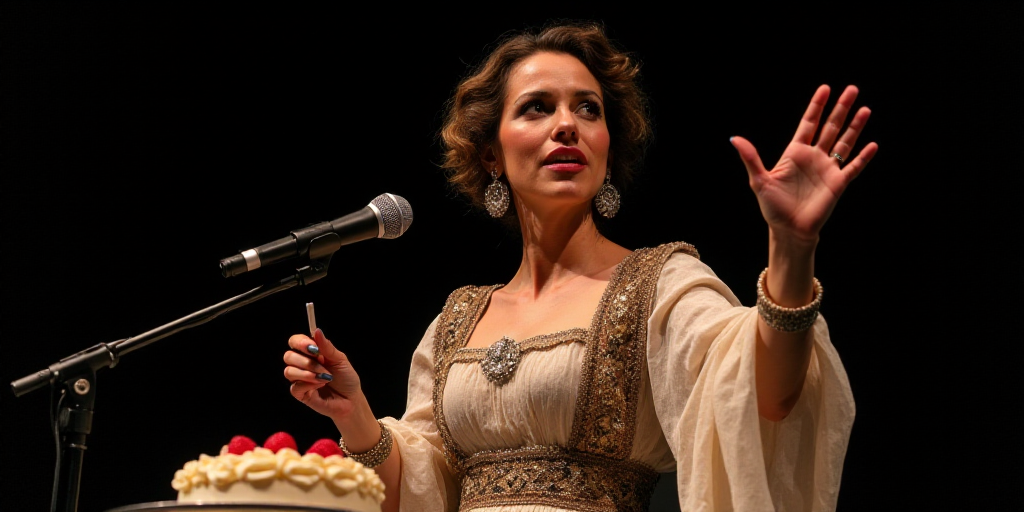Introduction to Francesca Ferrando and Posthumanism
Italian philosopher Francesca Ferrando, a professor at New York University (NYU) and a prominent figure in posthumanism theory, recently visited Mexico. Invited by the Tecnológico de Monterrey’s Estado de México campus and the Cátedra Alfonso Reyes, she presented a keynote lecture to celebrate the upcoming Spanish translation of her latest book, “The Art of Being Posthuman.”
What is Posthumanism?
Posthumanism, as explained by Ferrando and her influential thinkers like Rosi Braidotti and Achille C. Varzi, challenges the contemporary anthropocentric view. It questions the human-centric perspective and power dynamics in global society, arguing that such a view alienates political, social, and philosophical thought.
- Posthumanism broadens subjectivity beyond human species, incorporating other biological entities that contribute to social dynamics and define humanity.
- Ferrando emphasizes that reality is constructed through narration, stating, “Words transform us.” This perspective leads her to reflect on posthumanism as a way to challenge the hierarchical human-centric view.
The Non-Neutrality of Human and Academy
Ferrando argues that the term “antropos” (human) itself has not been neutral throughout history. It was used to distinguish rational beings from “barbarians,” typically those outside Greek culture. This concept of barbarism has persisted in contemporary narratives of war and continues to shape our understanding.
She points out that human activities like colonialism, war, and extractivism are products of reducing reality to an illusion, which is both a collective suicide and a failure of human-centric thinking.
Transforming the Academy
Ferrando highlights that, even in the 20th century, science and academia perpetuated hierarchical rankings of human rationality based on racist and gendered prejudices.
- The idea that certain groups could be less human than others, such as claiming people of color or women were less rational than white men, was disseminated through academia as knowledge.
Ferrando stresses the importance of constant transformation for academia, viewing it as a place with immense potential for knowledge generation. She advocates for continuous questioning of academic groups’ roles and responsibilities in contemporary society.
Posthumanism and Academic Practice
Ferrando acknowledges her love for academia but insists that engaging in philosophy solely through theory without practical application is insufficient. The COVID-19 pandemic served as a stark reminder of this necessity.
- During the pandemic, some colleagues struggled to apply philosophy to understand the crisis, demonstrating the importance of practical engagement.
- Ferrando emphasizes that academia should prioritize fostering an environment of questioning, debate, and mutual listening rather than adhering to a single, rigid way of being posthuman.
Key Questions and Answers
- What is posthumanism? Posthumanism challenges anthropocentric views, broadening subjectivity beyond human species and questioning hierarchical human-centric perspectives.
- Why is academia not neutral? Academia, like science, has historically perpetuated discriminatory rankings based on racist and gendered prejudices, failing to acknowledge the non-neutrality of categories like “human.”
- How should academia transform? Academia must constantly evolve, prioritizing questioning, debate, and mutual listening over rigid adherence to a single way of being.






